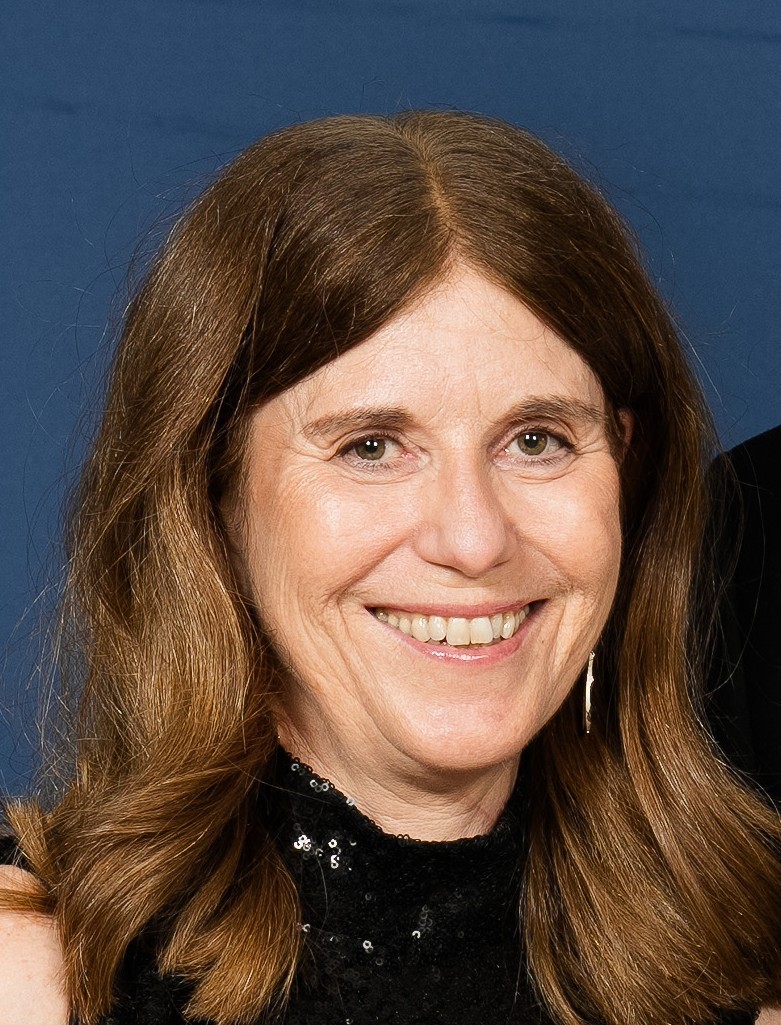
Charlotte Hager
Professor of Physiotherapy, Umea University, Sweden.
Professor of physiotherapy at Umeå university, Sweden with a clinical position at the Orthopedics
clinics at University Hospital of Umeå. Charlotte has a PhD in neurophysiology, and longstanding
experience in teaching, including managing digital courses since 2003. She founded in 2000 and
is since head of the interdisciplinary research team U-Motion Laboratory which also involves is a
high-tech motion capture hub, a research and clinical facility which is part of the infrastructure at
UMU. Motion capture with recordings of kinematics, kinetics and electromyography of the
muscles are combined also with brain imaging methods such as EEG and fMRI in specially
equipped lab settings. She has published ~150 peer reviewed research papers mainly related to
human movement control in neurological and/or musculoskeletal conditions, and in education.
She has presented at about 200 international congresses, supervised more than 25 PhD students
and post-docs. Charlotte is further a frequent keynote lecturer in physiotherapy or related fields
nationally and internationally and holds an extensive professional and inter-professional network
internationally. She is a former member of the ER-World Physiotherapy (WP) and she was
scientific chair of the World Physiotherapy congress in 2019. Charlotte has received multiple
awards, such as from Umeå university, by Queen Silvia of Sweden, and an international service
award by WP in 2019 and was also awarded “The physiotherapist of the year" in 2019 by the
Swedish Association of physiotherapists. She is currently member of the committee of Medicine
and Health of the Swedish Research Council since 2022, and she is proposed as chair for the
period 2025-2027. She is also vice chair of the Swedish Research Council of Sport Science (CIF)
since 2020 and still. Her research ranges from basic neurophysiological mechanisms studied in
labs related to motor unit functions in healthy people but also in individual spinal cord injury, brain
imagining during movement control, orthopedic conditions/injuries and treatment/rehabilitation
such as of the knee (mainly rupture of the anterior cruciate ligament, patellofemoral pain) and hip,
neck or back problems but also neurological conditions such as stroke, cerebral palsy and others.
Method knowledge involves for instance systematic reviews, experimental lab studies,
interventions, longitudinal studies but also qualitative methods. She has many years of
experience of reviewing research applications for example for Vetenskapsrådet, Region
Stockholm, Region Västra Götaland and others.